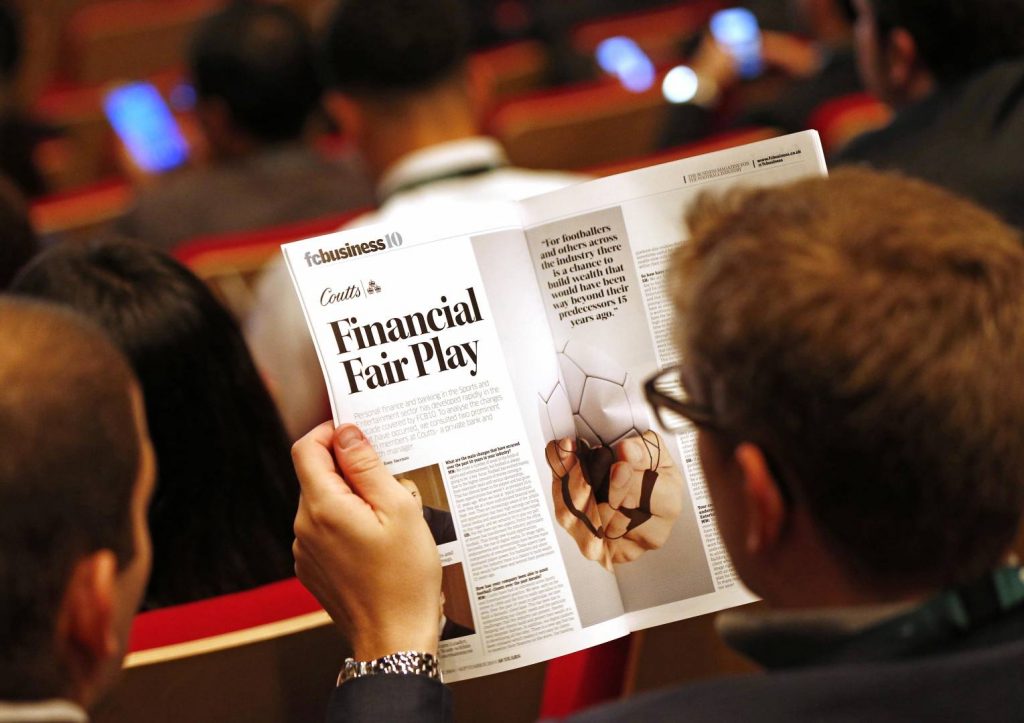Is Financial Fair Play Actually Working?
April 23, 2018
Since the introduction of Financial Fair Play (FFP) in 2010, it’s been fiercely debated in footballing circles whether the UEFA regulations have made any difference to the game. It seems almost every year at least one major club’s transfer activity comes under close scrutiny.
Only last summer, Paris Saint-Germain’s signing of Barcelona striker Neymar for a world record fee of £200M (€228M) triggered cries of foul play from rival sides. Monaco’s Kylian Mbappe also joined the Ligue 1 giants for £156M (€178M). Few onlookers believed that the Qatari-owned club met the UEFA FFP requirements, designed to restrict financial losses and stop clubs spending beyond their means.
UEFA launched an investigation into PSG a few weeks later, but little else has happened since.
So is Financial Fair Play actually making a difference to football teams across Europe?
UEFA’s MD for Financial Sustainability & Research, Andrea Traverso, spoke to iSportconnect at the recent Finance Masterclass in London. He believes Financial Fair Play is making a difference:
Despite its questionable progress, other sports are watching on with interest. Mitesh Velani, CEO of Saracens RFC, told iSportconnect that rugby’s growing wealth could mean a similar system being implemented into their game:
Ed Hepworth is former Vice President of Strategy & Operations at NBA. Speaking at iSportconnect’s Finance Masterclass, he explained that creating a level financial playing field, especially for football clubs, is easier said than done.
Financial Fair Play has certainly altered the landscape of European football in recent years. However, it remains to be seen if the UEFA regulations will make much difference to elite club spending, or result in achieving the ultimate goal of a level playing field for teams cross the Continent.


